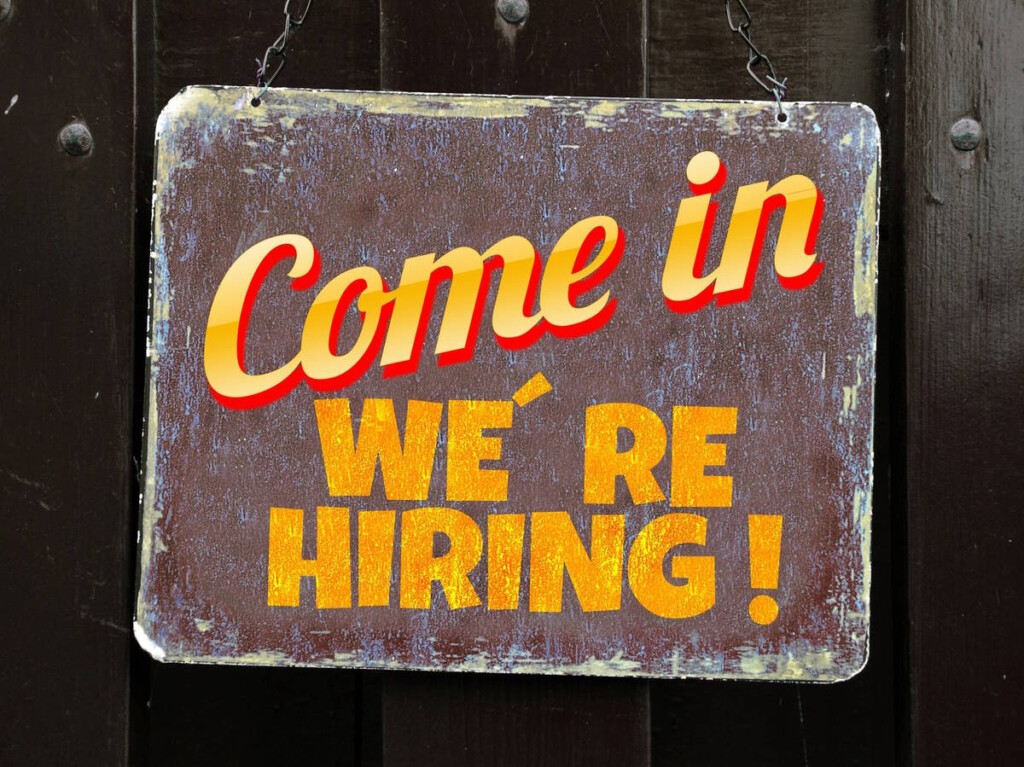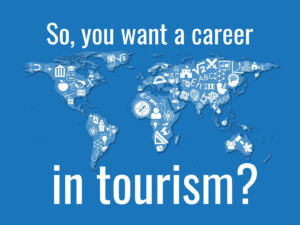The great realignment: What caused tourism’s labour crisis & how do we fix it?

After laying off so many people during the COVID lockdowns, the travel, tourism, and hospitality sectors now face a labour crisis.
Frédéric Dimanche points to causes and posits solutions.
It’s a “Good Tourism” Insight. (You too can write a “GT” Insight.)
Last year ended on a positive note for the travel & tourism industry as it overcame its greatest challenge, the COVID-19 pandemic.
Despite the Russian invasion of Ukraine early in 2022, and the high inflation that ongoing conflict contributed to, tourists took to the skies in increasing numbers as destinations relaxed their COVID requirements.
Even China started to reopen its borders.
Yet two major concerns remain for the tourism sector:
- The industry’s response to climate change, and
- A growing labour crisis.
This “GT” Insight focuses on the second.
Also see the “GT” Insight Bites
“What are tourism’s biggest challenges & threats (next five years)?”
Years in the making
As the tourism industry reopened, operators discovered that many of the workers who had been laid off in huge numbers during the pandemic had quit, retired, or changed jobs and sectors.
That’s why prospective employers all over the world (e.g., in Europe, USA, and Thailand) are scrambling to find qualified personnel.
Many first thought that this was a direct result of the COVID crisis.
However, there are signs that the pandemic was merely a powerful catalyst for what some have called “the great resignation”.
The seeds for this worldwide staffing crisis were sowed much earlier.
Human resource issues that were widely ignored by the travel & tourism industry long before the pandemic all contributed to post-pandemic staff shortages.
These issues include:
- poor working conditions and hours (i.e., nights, weekends, and holidays);
- low wages; and
- mental health challenges.
The pandemic gave many laid-off tourism and hospitality workers the decisive reason to quit for good.
The ‘great realignment’ aka the ‘great resignation’
The so-called great resignation should in fact be seen as a great realignment.
It is not that people don’t want to work anymore.
They are leaving their tourism and hospitality jobs to get better jobs or start their own businesses, even if that means in another sector.
What they seek is not only a higher income but also, and more importantly, better work conditions and benefits.
This situation is an indictment of hospitality and tourism managers and leaders whose practices have for years led to this situation and to the poor reputation of the sector.
Also see Andrew Chan’s “GT” Insight
“Data analytics, financial acumen are keys to a great career in tourism”
Leadership failures have indeed driven good people away.
This situation was worsened during the pandemic by governments’ inconsistent decisions about closing or reopening the industry.
Lack of business certainty made it difficult to offer job security.
In addition, the media in some countries often painted a dark picture of how dangerous it was to travel during the pandemic.
That led to not only a fear of travelling but also a fear of working on the frontlines of the travel, tourism, and hospitality sectors.
As the industry opened up again, travellers’ woes caused or exacerbated by the labour crisis also contributed to the bad name of the sector in a negative feedback loop.
A reputational ‘time bomb’
A lack of labour affects the quality of the services that are delivered to travellers, which becomes a reputation problem that can have negative impacts on destinations.
More research needs to be done to assess how this increasingly bad reputation will affect the future of the sector and what can be done about it.
Also see Peter Semone’s “GT” Insight
“What is destination human capital? It’s the people!”
Tourism HR Canada recently conducted a study of Canadians’ perceptions of tourism as a place of employment. Its results are telling.
It is not surprising then that colleges and universities with hospitality management programs are experiencing a decline in enrolment worldwide (e.g., India).
This represents a time bomb that will exacerbate the labour crisis if we don’t act now.
Resolving travel & tourism’s labour crisis
A short-term solution to the labour shortage in some countries (e.g., Canada) is for the industry to ask the government to adjust immigration policies and increase temporary foreign workers programs to help alleviate the labour gap.
However, relying on immigration presents challenges, such as the danger of furthering racist stereotypes about minorities working in hospitality and tourism.
Another short-term solution is to rely on students for seasonal employment.
However, students often look to the tourism and hospitality sectors for short-term employment rather than as a viable career option.
These are band-aid solutions that won’t solve the labour crisis in the long run.
So, what are the solutions? Unfortunately, there are none that are ready to go.
It took the tourism and hospitality sectors years to create this current crisis and it will take a concerted effort over many years for them to address it.
Also see K Michael Haywood’s “GT” Insight
“Winning from within: How can travel & tourism stem the brain drain?”
The following are some of the conditions that will help the travel, tourism, and hospitality sectors to increase their competitiveness:
- The industry must make a conscious effort to focus on job decency and dignity (and reasonable compensation). This has been noted as well by the International Labour Organization.
- The industry must continue to boost diversity and to offer women and minorities better opportunities.
- The industry must engage in wide and collective efforts to improve its reputation, including of its higher education and career advancement opportunities.
- Tourism management programs must change their approach to adopt more humanistic management and leadership approaches.
The travel & tourism industry is resilient. It has demonstrated this through numerous crises in the 21st century; from the 9/11 terrorist attacks to the COVID-19 pandemic.
The labour crisis it now faces is insidious, reputational, and largely of its own making. Overcoming it will require the attention of all stakeholders who must realise that one cannot have a good tourism industry without paying attention to the people who deliver its services and experiences.
Agree? Disagree? What do you think? Share a short anecdote or comment below. Or write a “GT” Insight of your own. The “Good Tourism” Blog welcomes diversity of opinion about travel & tourism because travel & tourism is everyone’s business.
Featured image (top of post): By Gerd Altmann (CC0) via Pixabay.
About the author

Frédéric Dimanche is the Director of the Ted Rogers School of Hospitality and Tourism Management, Toronto Metropolitan University (formerly known as Ryerson University), Canada. After earning his PhD at the University of Oregon, USA, Dr Dimanche worked in New Orleans, USA and then Nice, France before returning to North America.
Frédéric has multiple research interests that range from tourist behaviour to destination competitiveness. He is an avid traveller and loves the outdoors.





